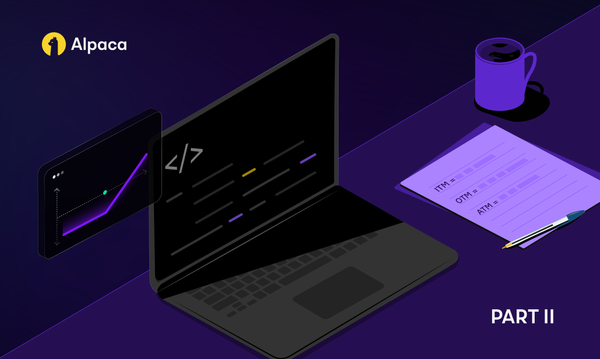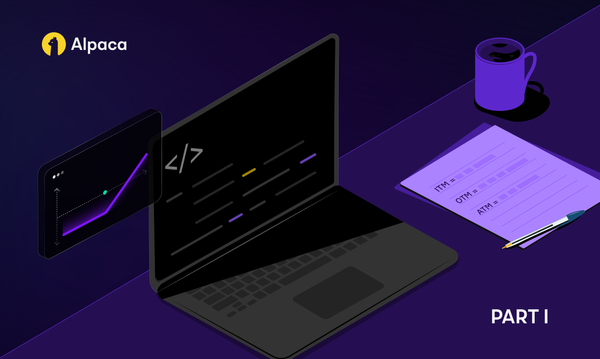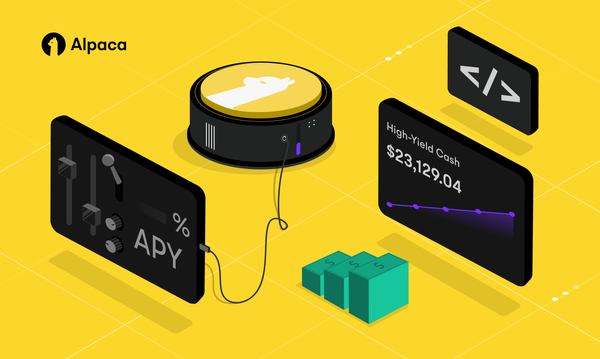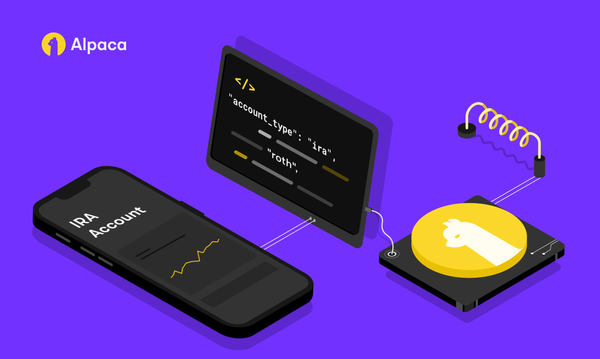Getting Started with Broker API Q&A
We recently launched a webinar series, Getting Started with Broker API and gathered the most popular questions to help you get started.
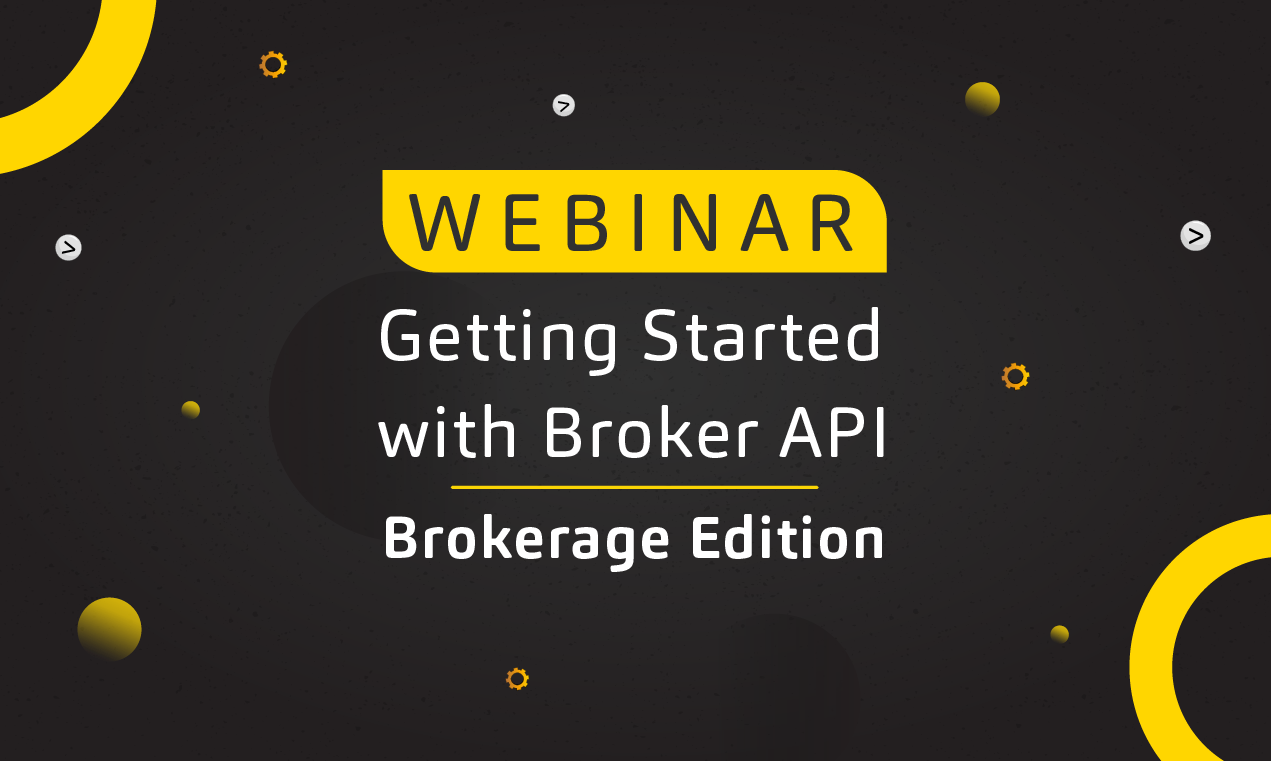
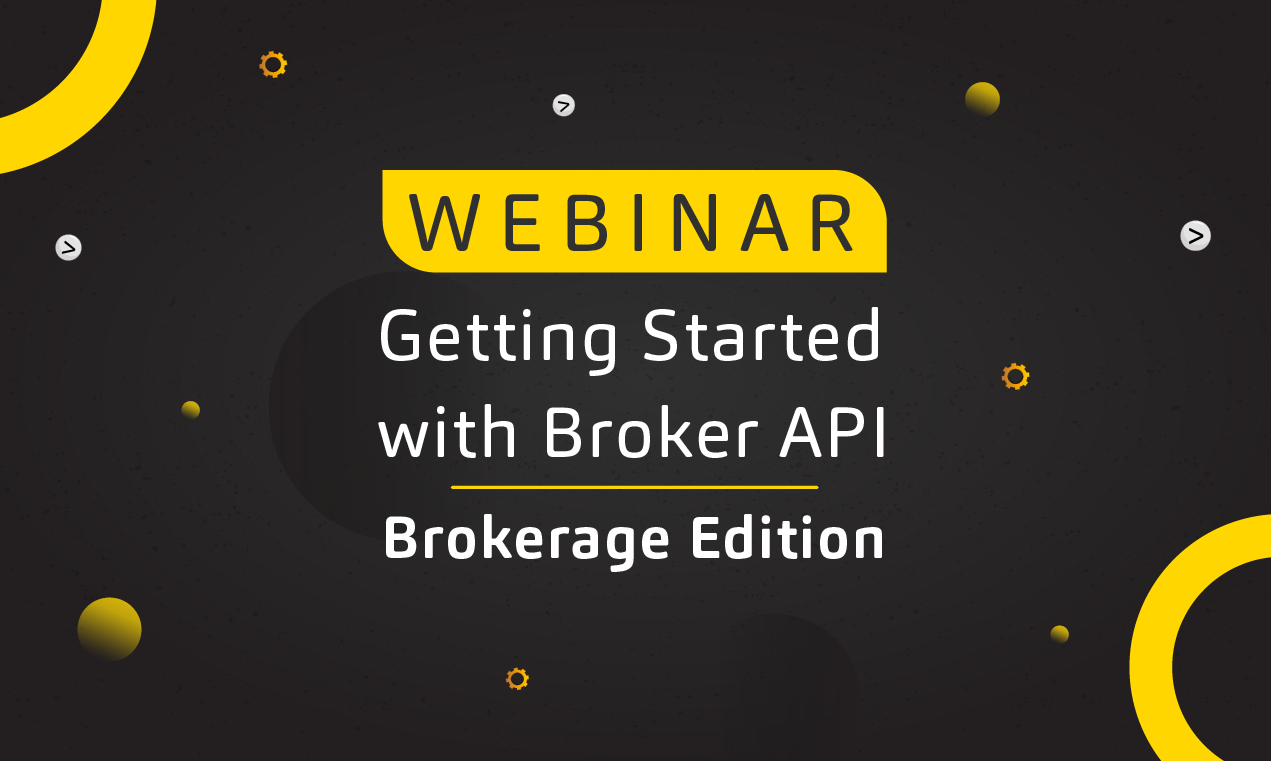
At Alpaca, we’re constantly looking for ways to improve, connect and help provide guidance for individuals and businesses who are looking to partner with us. We recently launched a webinar series, Getting Started with Broker API. Throughout, we provided opportunities for attendees to ask questions and we’ve collated the most popular questions here to help you get started.
What does it cost to partner with Alpaca?
Nothing! We’re one of the only brokerages in this space that does not have recurring costs. We don’t charge a clearing fee or an account fee. We do have a simple setup cost and a clearing deposit but beyond that, we treat our customers like a direct partnership - it makes no sense for us to charge clearing fees when your activity is mutually beneficial.
Will the crypto offering also be offered internationally?
Yes! This is country-dependent. Countries without regulation will enable us to open our Crypto product to you immediately. Some countries have Cryptocurrency regulation - you will need to obtain the necessary licenses first.
We’ve been told we need to administer subscriber agreements to classify people as pro/non-pro, and provide monthly reporting to exchanges. Is this also the case with the Alpaca Data API?
In the Free tier, where we’re using real-time IEX data, we do not need to report or classify to the exchanges. In the case of the premium data coming directly from SIP, we do need to classify and route users to be classified as Pro/Non-Pro.
How do we manage exchange reporting?
We have to direct your users to the exchange for reporting; however, we have a seamless integration that is part of the premium data flow.
When I register with my app, how exposed am I to Alpaca? What do I need to sign?
You don’t need to go to our website, open an email account, or any other interaction directly with Alpaca. There is an account opening disclosure form (which indicates that their money is being housed at Alpaca) for you to check or digitally sign on your signup; however the intention is for your app to own as much of the user experience as possible.
What is the flow for proxy vote notifications? Do they go directly to end users or can I combine them and present them to end users through my app?
We’ve seen some very interesting proxy voting campaigns using our products. We are using Say to enable users to vote via their email, but we are working on a solution to enable the aggregation of votes - a feature we especially want to provide for advisories.
What licenses or compliance do we need for the Crypto product?
Alpaca handles the domestic (US) licenses and compliance. Internationally, it is country dependent - while many countries are not regulated, you may need to handle the licenses and compliance for others. Regardless, we encourage you to implement internal compliance for safety and liability.
Can we use Alpaca Data API while we integrate with the brokerage service?
Absolutely! That’s what it’s there for.
Is there a way to calculate estimated revenue dependent on transaction volume?
There is! On our website we disclose all of our earned revenue from payment order flow and you can get an idea of how much funds relative to your trading volume. There are considerations (such as share size, whether or not it is S&P 500) which will affect the order rebate.
We process money transfers with SWIFT, which takes up to two working days which is a problem for user experience.
We have three different fixes for that! The first is what we would call an ‘instant buying-power situation’: you, as a company, keep a certain amount of capital within Alpaca. If a user deposits an amount on Alpaca, rather than waiting for the two days, you can instead direct funds in your company account to the user account to allow them to instantly trade.
Obviously this has a capital requirement, so we also offer an ‘instant settlement’. This means that, if we see the inbound funds in the US, Alpaca as a firm can credit the user’s account.
The most nuanced option is called ‘just-in-time funding’ where your firm settles post-trade. At the end of the trading day, all your users’ trades are collated into sells and buys, and you provide one single wire payment to cover the trading cost for that day. That requires liability from both our sides to align numbers so we ask you to closely monitor your users’ account balances.
Does Alpaca charge fees for international SWIFT transfers?
We still have some transfer fees, but we are specifically working with partners that have regulatory statutes in the Middle East, with the intent of lightening the load of the SWIFT transfer fee.
Do we have to pay redistribution fees?
Yes. With any premium SIP data, there is a cost involved. Alpaca is bearing the brunt of that and spreading it across the various partners who are utilizing it, that way it is subsidized - but not zero.
Who does Alpaca use for KYC/AML checks? What if we run our own checks?
We work with Onfido and Trulio in the US, and we are vetting others internationally.
With tech partners and firms that are not regulated to run their own KYC/AML, we help with that burden. In case you are a regulated entity performing your own KYC/AML, we would vet your process but we would not require you to use our system. We’d likely run an enhanced due diligence check, but try to avoid interrupting your existing flow.
If we do our own KYC/AML, how long does your vetting process take?
This can depend on some factors but in most cases this is as fast as two days.
How long does the account review process take with Alpaca?
For account opening, it’s minutes - we try to be as quick as possible! For the integration we have three steps: brokers/partners start in the sandbox environment to build the app; we then vet the app to prepare for ‘limited live’ beta testing of the app on the platform before end users can access it. When it’s been approved and tested, we perform a full compliance review of the application (usually within a week).
What are some red flags that will deny a go-live?
One is a weak KYC/AML process or improper handling (such as not providing opportunities for users to provide further information); another common one is providing advice if you are not a regulated investment advisor. In these instances, we do not deny a go-live; we would work with you to improve processes to get approved.
To join our webinar series, be sure to follow us on LinkedIn, Twitter, and Facebookfor updates.
The content of this document is for general information only and is believed to be accurate as of posting date but may be subject to change.
Securities brokerage services are provided by Alpaca Securities LLC ("Alpaca Securities"), member FINRA/SIPC, a wholly-owned subsidiary of AlpacaDB, Inc. Technology and services are offered by AlpacaDB, Inc.
Cryptocurrency services are provided by Alpaca Crypto LLC ("Alpaca Crypto"), a wholly-owned subsidiary of AlpacaDB, Inc. Alpaca Crypto is not a member of SIPC or FINRA. Cryptocurrencies are not stocks and your cryptocurrency investments are not protected by either FDIC or SIPC.
This is not an offer, solicitation of an offer, or advice to buy or sell securities or cryptocurrencies, or open a brokerage account or cryptocurrency account in any jurisdiction where Alpaca Securities or Alpaca Crypto respectively, are not registered.

